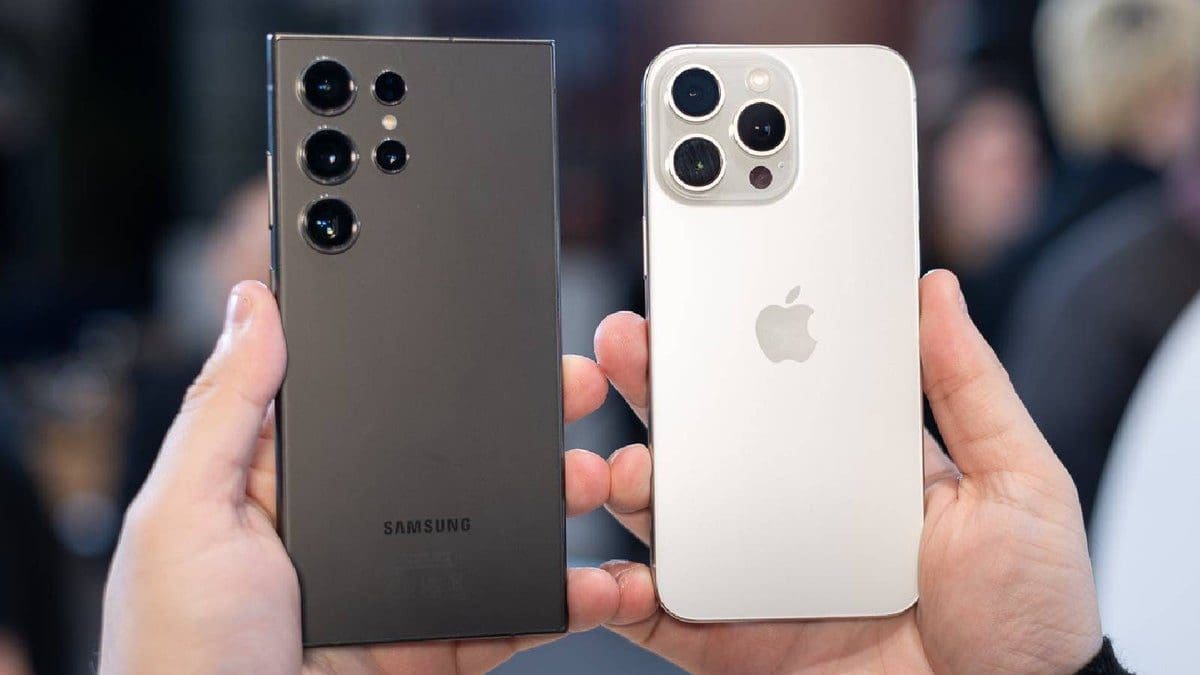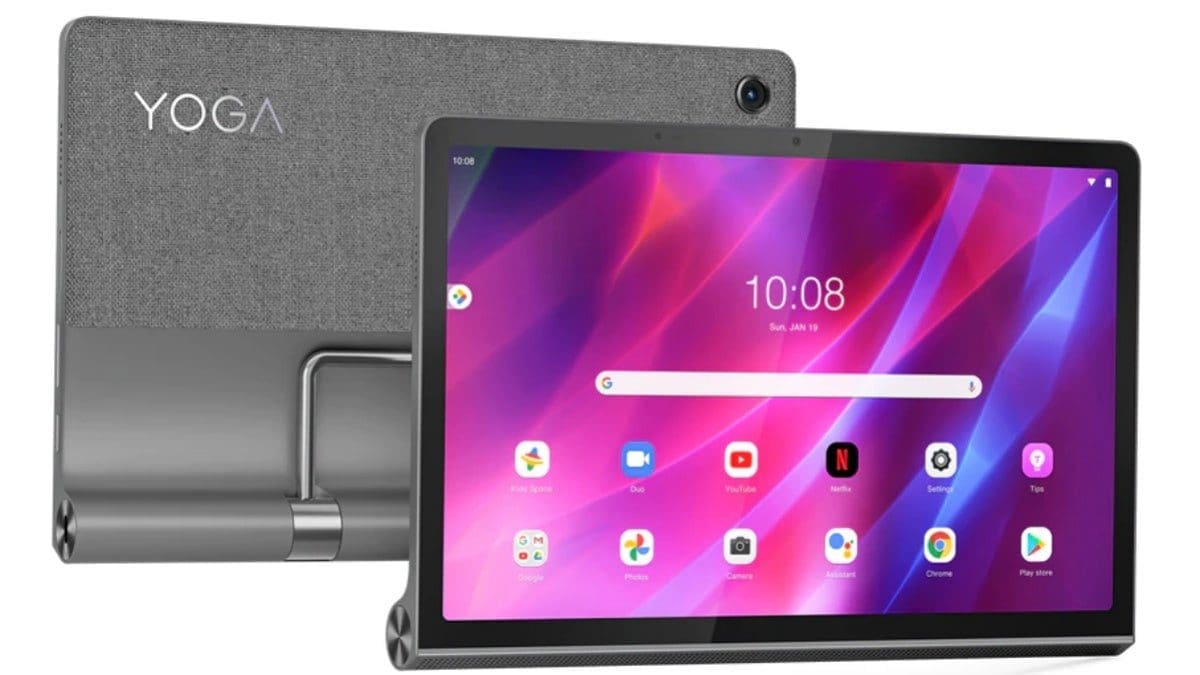The latest update from Neuralink has caused a stir in the tech world. Reports indicate that the first human patient with a brain chip is now able to control a computer mouse using only their thoughts. This development comes on the heels of Neuralink’s approval for human trial recruitment in the Fall of 2023, marking a significant milestone for the project.
Last year, Neuralink entered its human trial phase after conducting testing with primates. The successful implantation of a chip in a human patient signifies a major breakthrough for the project. Notably, Elon Musk, the founder of Neuralink, expressed excitement over the patient’s ability to move a mouse around the screen through mere thoughts.
Musk likened Neuralink’s device to a “Fitbit in your skull,” equipped with tiny wires that make connections with neighboring neurons in the brain. This technology enables high-resolution sampling of the brain’s electrical signals and their translation into digital computer code.
The study involves using a robot to surgically implant a brain-computer interface device in an area of the brain responsible for controlling movement intentions. Initially, the goal is to enable individuals to control a computer cursor or keyboard using their thoughts.
Looking ahead, Musk envisions broader applications for Neuralink beyond controlling computer devices. He has ambitious plans for utilizing the technology to treat conditions such as obesity, autism, depression, and schizophrenia through speedy surgical insertions of its chip devices.
As we witness these groundbreaking advancements from Neuralink, it raises questions about what this could mean for humanity’s future. Will this technology lead us towards an era of extraordinary possibilities or present unforeseen challenges? The journey ahead promises to be both fascinating and thought-provoking as we continue to unlock new frontiers in neuroscience and technology.










